
Julia Franck is a German writer.
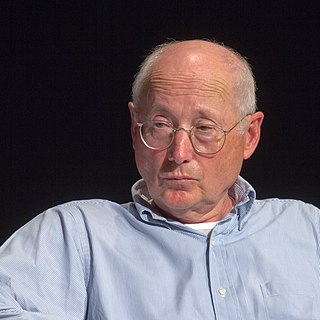
Stefan Aust is a German journalist. He was the editor-in-chief of the weekly news magazine Der Spiegel from 1994 to February 2008 and has been the publisher of the conservative leading Die Welt newspaper since 2014 and the paper's editor until December 2016.
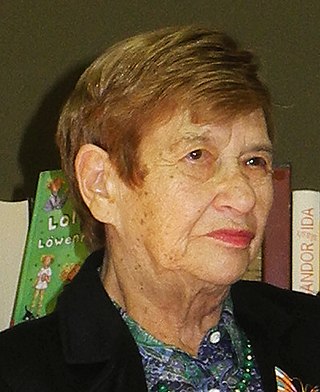
Stefanie Zweig was a German Jewish writer and journalist. She is best known for her autobiographical novel, Nirgendwo in Afrika (1995), which was a bestseller in Germany. The novel is based on her early life in Kenya, where her family had fled to escape persecution in Nazi Germany. The film adaptation of the novel (2001) won the Academy Award for Best Foreign Language Film. Her books have sold more than seven million copies, and have been translated into fifteen languages.
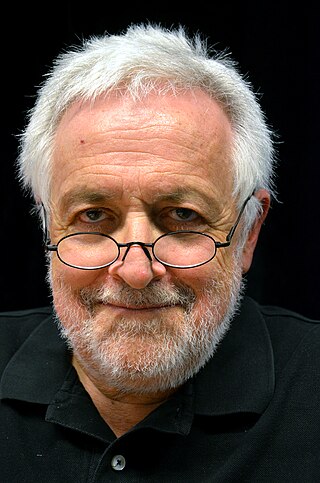
Henryk Marcin Broder, self-designation Henryk Modest Broder, is a Polish-born German journalist, author, and television personality. He was born into a Jewish family in Katowice, Poland.

Nadja Tiller was an Austrian actress in film, television, and on stage. She was one of the most popular German-speaking actresses in the international cinema of the 1950s and 1960s, receiving international recognition when she played the title role in the 1958 film Das Mädchen Rosemarie (Rosemary) in 1958, shown at the Venice Film Festival. It opened the way to international films. She often played alongside her husband, Walter Giller.
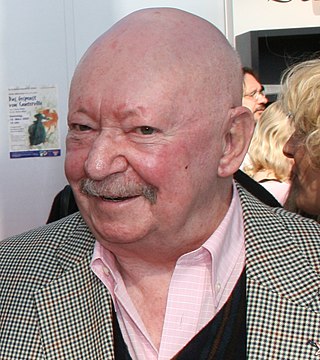
Günter Kunert was a German writer. Based in East Berlin, he published poetry from 1947, supported by Bertold Brecht. After he had signed a petition against the deprivation of the citizenship of Wolf Biermann in 1976, he lost his SED membership, and moved to the West two years later. He is regarded as a versatile German writer who wrote short stories, essays, autobiographical works, film scripts and novels. He received international honorary doctorates and awards.

Arnold Stadler is a German writer, essayist and translator.
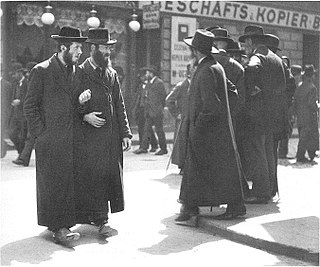
Alfred Polgar was an Austrian-born columnist, theater critic, writer and occasionally translator.

Ingrid Bachér is a German writer, a former member of the Gruppe 47 and former president of the PEN Germany.
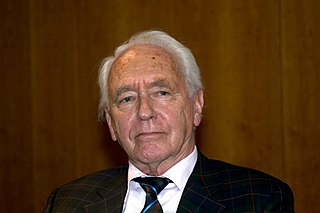
Wolf Dietrich Schneider was a German journalist, author, and language critic. After World War II, he learned journalism on the job with Die Neue Zeitung, a newspaper published by the US military government. He later worked as a correspondent in Washington for the Süddeutsche Zeitung, then as editor-in-chief and from 1969 manager of the publishing house of Stern. He moved to the Springer Press in 1971. From 1979 to 1995, he was the first director of a school for journalists in Hamburg, shaping generations of journalists. He wrote many publications about the German language, becoming an authority. He promoted a concise style, and opposed anglicisms and the German orthography reform.

Michael Hesemann is a German historian, Vatican journalist and author. As a student he became known in Germany as an author of several books on UFOs and extraterrestrial visitors on Earth. Later in his career he turned to topics related to Catholicism, history and archaeology.

Traventhal House in the municipality of Traventhal near Bad Segeberg in the southern part of the German state of Schleswig-Holstein was the summer residence of the dukes of Schleswig-Holstein-Sonderburg-Plön. In the 18th century the house was renowned for its Baroque garden, which was the largest and most significant of its kind in the duchies. On the dissolution of the Duchy of Plön in 1761 the brief heyday of the stately home came to an end. The original house was demolished at the end of the 19th century and replaced by a new building typical of the time in a historicist architecture style.
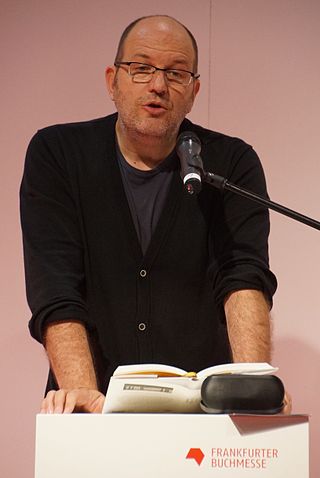
Andreas Steinhöfel is a German author for children and young adult books, and a translator.
Alexandra Cordes was a prolific German writer of mainly romantic fiction, many of whose books were best-sellers.
Wolfgang Weyrauch was a German writer, journalist, and actor. He wrote under the pseudonym name Joseph Scherer.
Georg Quedens is a German photographer and non-fiction writer as well as a local and natural historian.
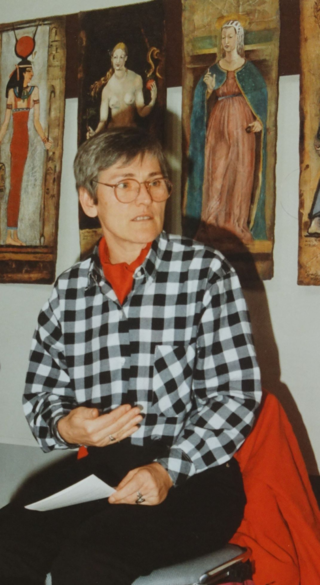
Christa Mulack was a German feminist theologian, educator and author.
Jens Christian Jensen was a German art historian and curator.
Karla Schneider is a German writer.
Ilse Gräfin von Bredow was a German writer.














